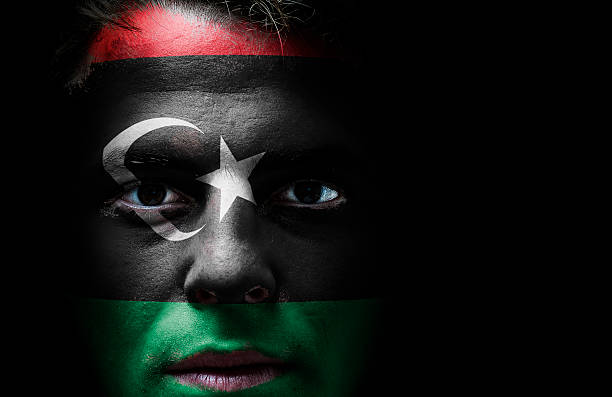10 Things You Are Not Allowed to Do in Libya

Libya, a country located in North Africa, has a unique cultural and legal landscape shaped by its history, religion, and social norms. While the Libyan people are known for their hospitality, it is essential for visitors to understand and respect the country’s laws and traditions to avoid legal trouble and maintain harmonious interactions. Here are ten things you are not allowed to do in Libya:
- Engage in Public Displays of Affection In Libya, public displays of affection, such as kissing or hugging, are considered inappropriate, especially between individuals of the opposite sex who are not married. Social norms emphasize modesty, and such behaviors may lead to fines or other penalties.
- Consume Alcohol Libya has strict laws prohibiting the sale, consumption, and importation of alcohol. Even expatriates and tourists are not allowed to drink alcohol in public or private spaces. Violating this law can result in severe penalties, including fines, deportation, or imprisonment.
- Disrespect Islamic Practices As an Islamic country, Libya places great importance on the respect for Islamic values, practices, and symbols. Disrespecting Islam, such as insulting the Prophet Muhammad or engaging in blasphemy, is considered a serious offense and can lead to legal action or even imprisonment.
- Engage in Political Dissent Political freedom in Libya is highly restricted. Public protests, demonstrations, and political activities without official approval are illegal. Speaking out against the government or publicly criticizing political leaders can lead to arrest, imprisonment, or worse.
- Dress Inappropriately While there is no official dress code, modest clothing is expected in public. For women, this often means covering their arms and legs, and many women choose to wear a headscarf in accordance with local customs. Wearing revealing or Western-style clothing that does not align with local values may be viewed as disrespectful.
- Engage in Homosexual Activities Homosexuality is illegal in Libya, and any same-sex relations are punishable by law. Publicly discussing or engaging in homosexual acts can lead to serious legal consequences, including arrest and imprisonment.
- Take Photographs in Restricted Areas Libya has strict regulations regarding photography, especially in government buildings, military installations, and other sensitive areas. Taking photos without permission, particularly of security-related sites, can result in confiscation of your camera, fines, or even arrest.
- Criticize the Government or the Country Publicly criticizing the government, its leaders, or the country’s political system is considered a criminal offense. Libyan authorities have been known to punish individuals for statements deemed harmful to the country’s image, with penalties including imprisonment or deportation.
- Disrespect Local Customs and Traditions Libya’s cultural practices are deeply rooted in tradition and religion. Engaging in behavior that is disrespectful to local customs, such as disrupting religious events or disregarding social norms, can cause offense and result in legal consequences or social exclusion.
- Engage in Drug Use or Possession Libya has strict anti-drug laws, and the possession, use, or trafficking of illegal substances is considered a serious crime. The penalties for drug-related offenses can be severe, including long prison sentences or even the death penalty in certain cases.
In conclusion, Libya is a country with distinct laws and cultural practices that visitors must respect. Understanding and adhering to these regulations can help ensure a trouble-free experience and foster positive interactions with the Libyan people. Always approach your visit with cultural sensitivity, and be aware of the legal and social boundaries to avoid misunderstandings or legal trouble.




